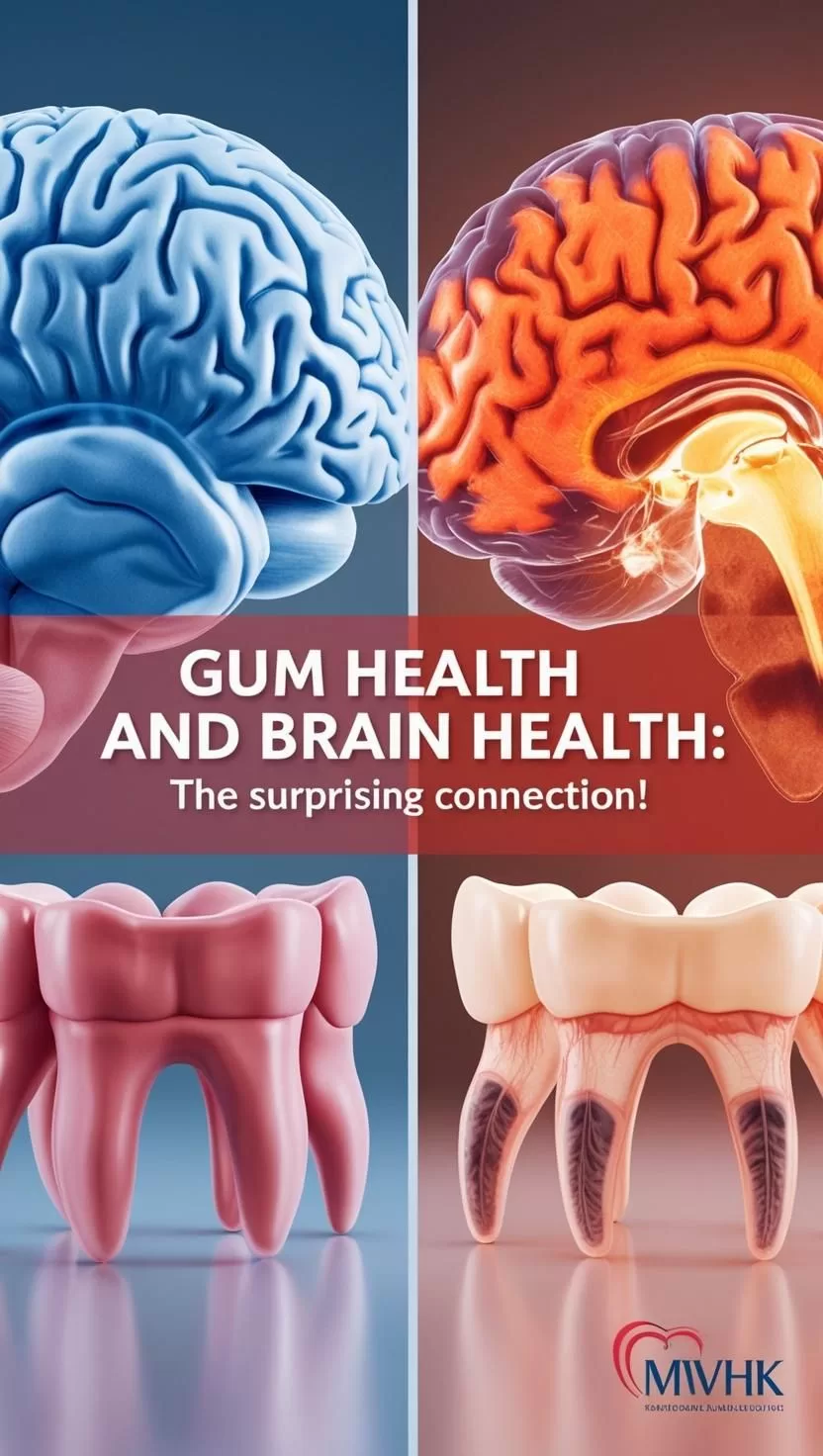Why Postbiotics Are the Next Big Thing in Gut and Brain Health for Busy Professionals
If you’ve ever stocked up on probiotics or filled your plate with fiber for prebiotics, you’re on the right track—but not quite at the finish line. The newest star in the gut health world? Postbiotics. These powerful byproducts of pre- and probiotic activity aren’t just a trendy buzzword—they’re a scientific breakthrough, especially for professionals constantly under pressure. The best part? They could be the missing link between stress, digestion, and performance.
Let’s break down exactly why postbiotics—especially butyrate, a short-chain fatty acid (SCFA)—are gaining traction and how they could revolutionize your energy, clarity, and total-body health.
1️⃣ What Are Postbiotics and Why Do They Matter?
🔬 Postbiotics 101: The Science Behind the Buzz
Postbiotics are the bioactive compounds your gut bacteria produce when digesting prebiotics (like fiber). Unlike probiotics (live bacteria) and prebiotics (food for bacteria), postbiotics are what’s left behind—and that’s where the magic happens.
Key postbiotic examples:
- Butyrate
- Acetate
- Propionate
They’re known for:
- Supporting gut barrier function
- Reducing inflammation
- Enhancing immune response
⚠️ Debunking the Myth: “They’re Just Like Probiotics”
Wrong. Probiotics introduce bacteria. Prebiotics feed them. But postbiotics are metabolites—the tools your body actually uses. Unlike probiotics, they don’t require colonization or refrigeration and can have a more direct impact on systemic health.
2️⃣ Butyrate and the Brain: Mental Health Starts in the Gut
💡 The Gut-Brain Axis Explained
Your gut and brain are in constant communication via the vagus nerve and countless chemical messengers. Postbiotics—especially butyrate—are deeply involved in this crosstalk.
Butyrate Benefits:
- Fuels colon cells to reduce “leaky gut”
- Supports serotonin production
- Decreases inflammation markers linked to depression
- May reduce anxiety symptoms via gut integrity
“Butyrate is the brain’s silent ally,” says Jessica Kane Berman of BodyBio. “It’s a vital fuel for gut lining cells that keeps everything from toxins to inflammatory triggers at bay.”
🧘 Mental Resilience on a Cellular Level
Recent studies have linked low levels of SCFAs to increased risk of mood disorders. Ensuring you’re producing enough butyrate through gut health strategies may:
- Improve sleep quality
- Enhance stress response
- Elevate overall cognitive performance
Read study on SCFAs & anxiety here →
3️⃣ How to Support Postbiotic Production (Even on a Tight Schedule)
⏱️ Quick Ways to Boost Butyrate Naturally
You don’t need expensive postbiotic supplements (though they exist). You can stimulate production naturally through lifestyle.
Eat more of these:
- Resistant starches (cooled potatoes, green bananas)
- Fermented foods (sauerkraut, kefir)
- High-fiber foods (chia seeds, oats)
Lifestyle habits:
- Intermittent fasting
- Lowering sugar intake
- Prioritizing sleep
💊 Should You Supplement Postbiotics?
Supplemental butyrate is now available in sodium or calcium forms, often enteric-coated for better delivery. While early research is promising, experts like Stephenson urge caution: “They’re not a replacement. You still need diverse fiber and a solid gut routine.”
✅ Conclusion: How to Get Started Today
Whether you’re a CEO, freelancer, or manager buried in Zoom calls, postbiotics offer a science-backed upgrade for both gut and mental performance. Start by:
- Eating more resistant starch and fermented foods
- Managing stress with breathwork or short walks
- Considering butyrate supplements if you have gut inflammation or IBS
It’s not about replacing your probiotics—it’s about completing the biotic triangle for full-spectrum wellness.
🧠 FAQ
What is the difference between postbiotics and probiotics?
Postbiotics are the byproducts of probiotic activity—compounds like butyrate that directly affect the gut and immune system. Probiotics are the live bacteria themselves.
Are postbiotics safe to supplement?
Yes, current research suggests they’re safe and may offer benefits, especially for people with IBS or gut inflammation. However, more studies are needed.
Can postbiotics improve mental health?
Emerging evidence links butyrate with improved mood, lower inflammation, and better cognitive function due to its gut-barrier effects.






